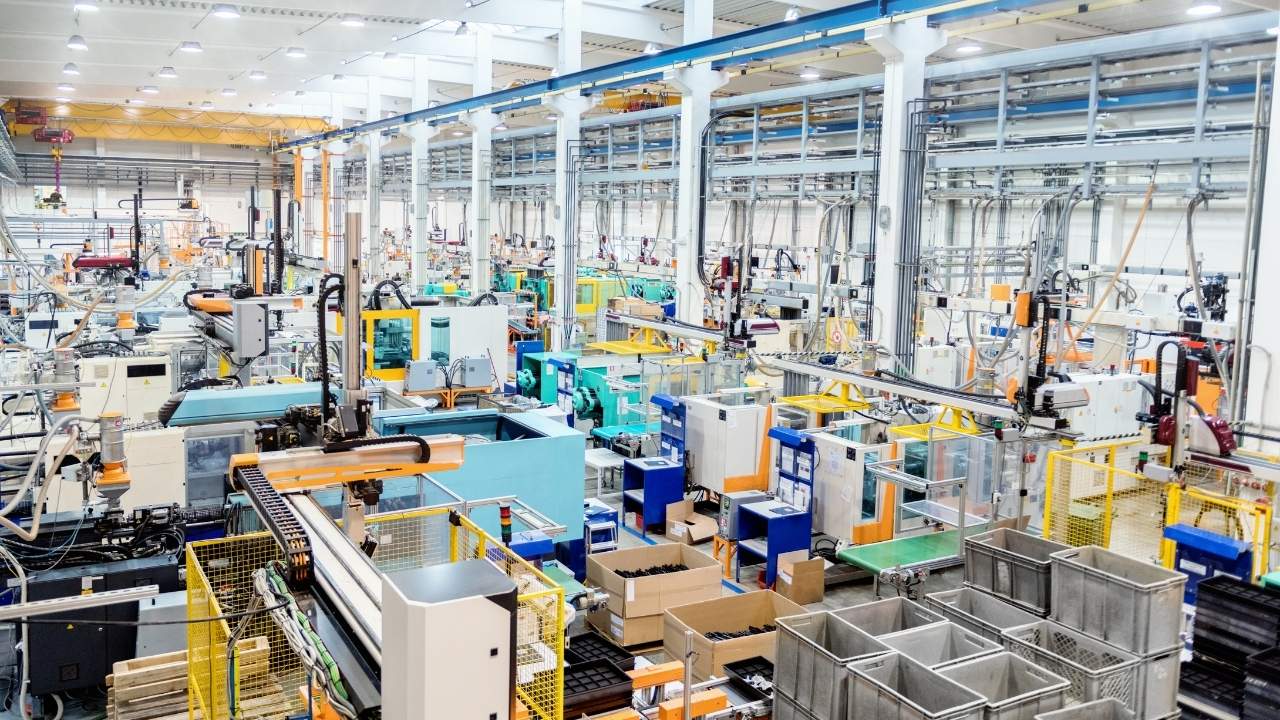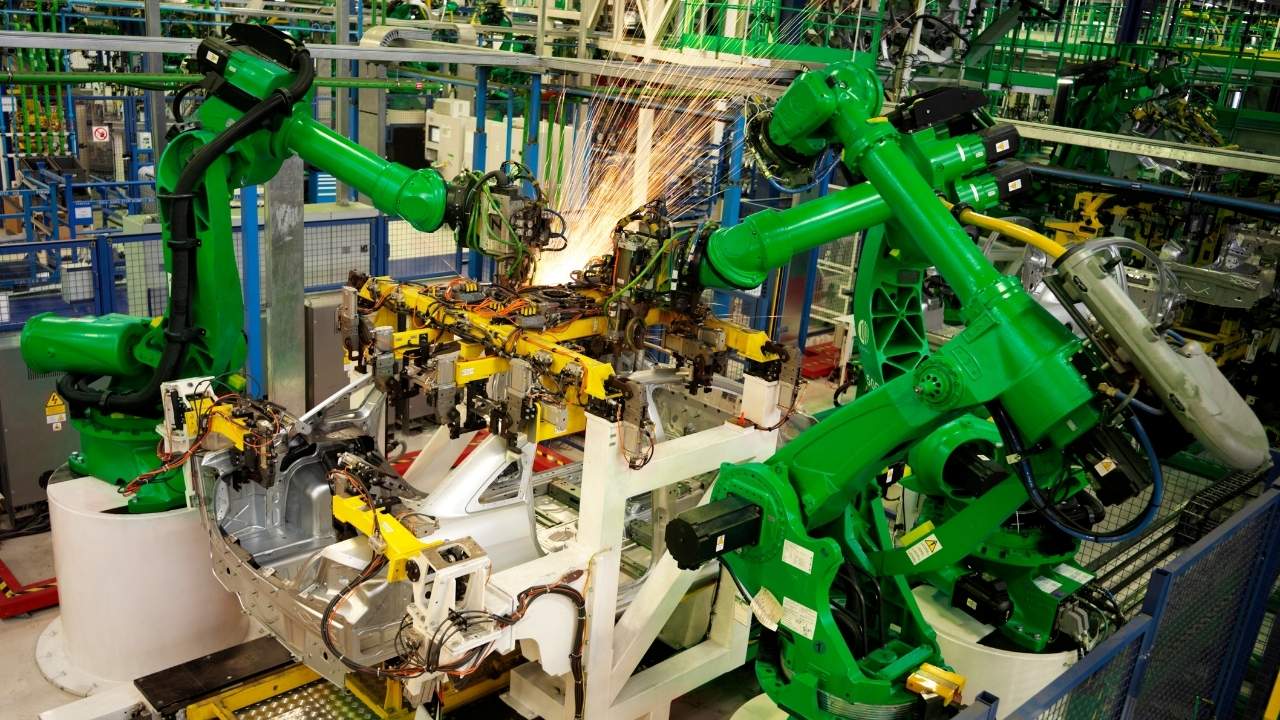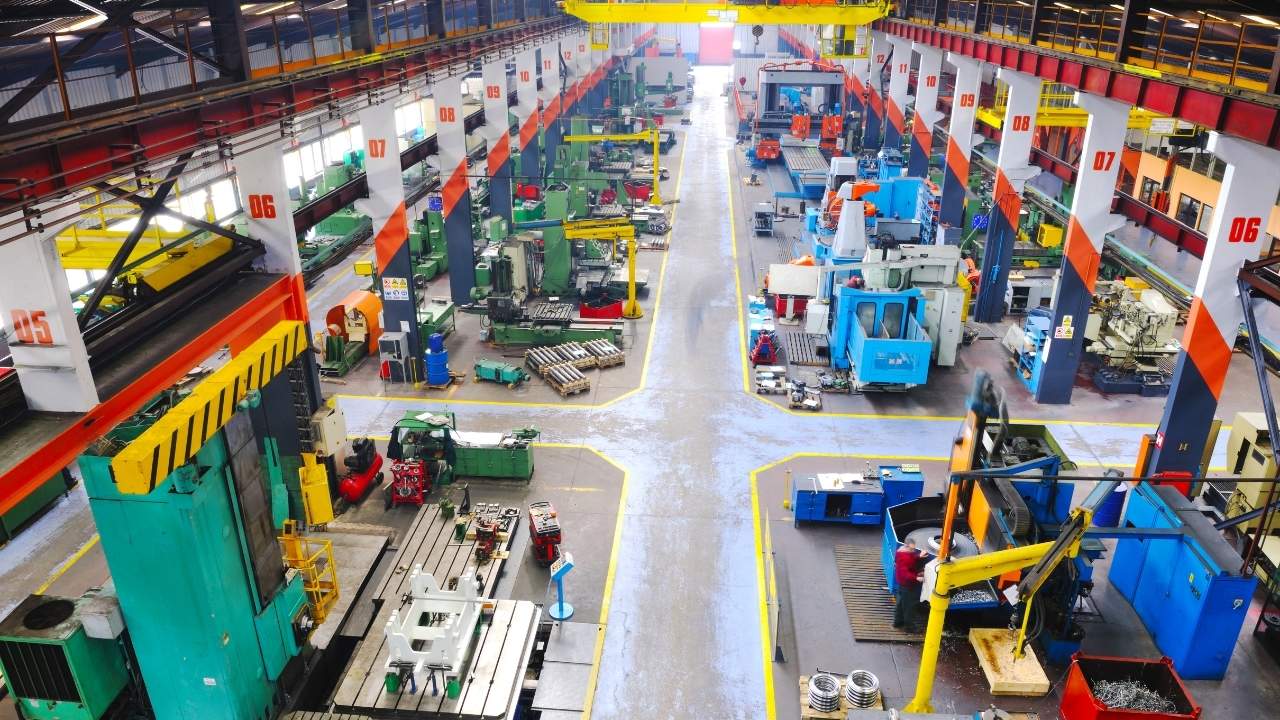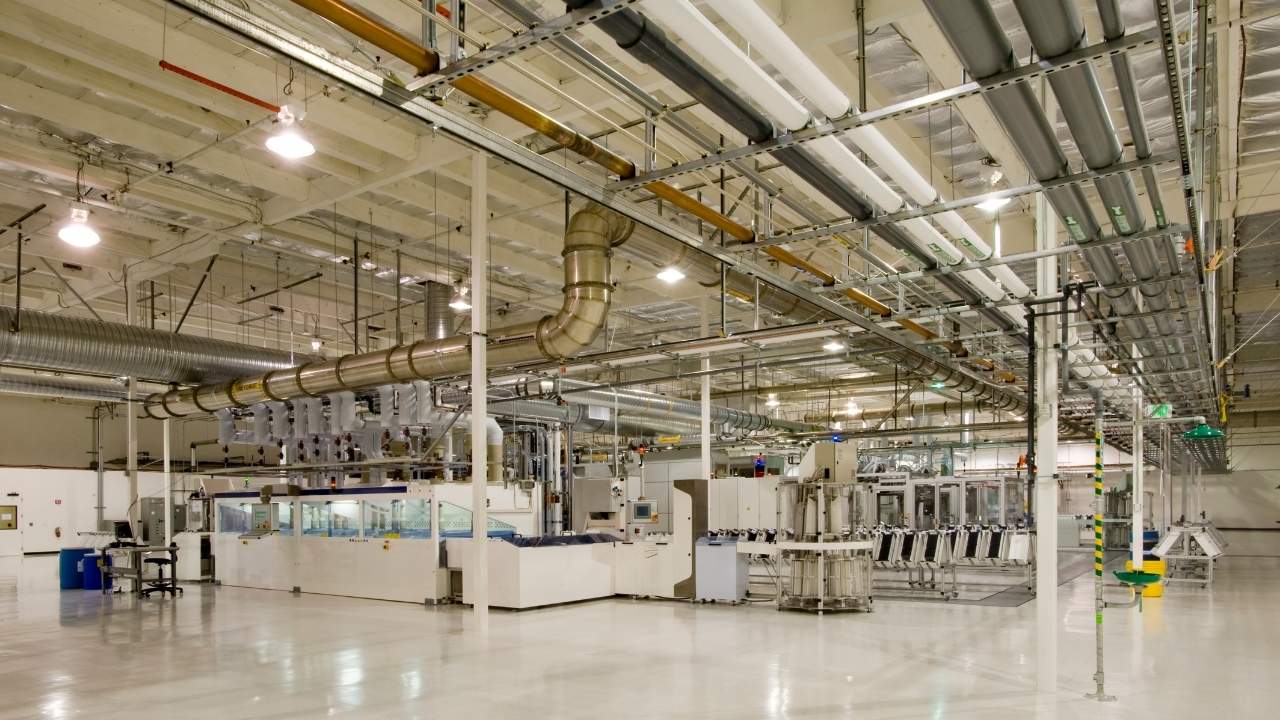When it comes to optimizing procurement processes, ERP Purchase Order Automation stands out as a game changer. I’ve seen first-hand how integrating this into an ERP system can transform business operations. For businesses looking to boost efficiency, enhance accuracy, and foster stronger supplier relationships, this is indispensable. Let’s dive deep into this fantastic innovation.
What is ERP Purchase Order Automation?
ERP Purchase Order Automation integrates the creation, submission, and management of purchase orders into an enterprise resource planning (ERP) system to optimize workflows and maximize efficiency. This system centralizes purchasing processes. It ensures streamlined operations and reduces manual intervention. Comprehensive automation facilitates accurate order tracking and supplier coordination.
Improved procurement accuracy and real-time data help minimize discrepancies. By leveraging ERP systems, companies achieve more consistent purchase orders and stronger supplier relationships. Automation streamlines multiple processes. This includes order tracking, approval workflows, and integration with financial modules.
As technology progresses, systems will integrate more seamlessly with AI and machine learning. This will predict procurement needs, optimize inventory levels, and enhance efficiency through advanced forecasting and continuous supply chain improvements.
Automating purchase orders offers various advantages. It minimizes manual input and accelerates order processing. Plus, it ensures quicker vendor payments. Additionally, it enhances compliance and mitigates errors. This contributes to a more efficient procurement process.
The future of automated purchase orders is exciting with AI and machine learning predicting procurement needs. This will optimize inventory levels. It promises higher efficiency in supply chain processes. Trust me, it’s not just about reducing errors. It’s about propelling your business into the future of seamless operations.
How does ERP Purchase Order Automation Enhance Efficiency?
Purchase order Automation involves auto-generating and processing purchase orders within an ERP system. This eliminates the need for manual entry and approval tasks. Automation boosts operational efficiency, enhances compliance, and mitigates errors. With automated POs, businesses ensure quicker order processing and timely vendor payments.
These orders improve procurement accuracy using real-time data. Leveraging ERP systems, companies achieve higher consistency in purchase orders and enhance supplier relationships. Furthermore, automation streamlines processes like order tracking, approval workflows, and financial module integration.
Streamlining order processing through automation eliminates manual tasks and reduces errors. By leveraging real-time data, businesses maintain procurement accuracy. This improves supplier relationships and order consistency.
As technology advances, automated PO systems will likely integrate more seamlessly with AI and machine learning. This will predict procurement needs and optimize inventory levels. Enhanced forecasting and continuous supply chain improvements promise greater efficiency.
With automated POs, it’s like flipping a switch from stress to seamless. The time savings alone would make any procurement manager smile. Plus, it’s not just speed, it’s smarter, more compliant, and more accurate purchases every time.
Supplier Integration: Seamless Procurement
Supplier integration within ERP systems ensures cohesive procurement processes by embedding supplier data and interactions into the ERP framework. It facilitates better communication, coordination, and overall management of supplier relationships and transactions. This delivers seamless procurement activities and supply chain management.
Incorporating supplier data within ERP ensures real-time and up-to-date vendor-related information. This aids in efficient decision-making. Supplier integration allows for automated purchase order approvals, tracking, and streamlined communication. This reduces the time spent on negotiations and follow-ups.
The benefits extend into inventory management. Real-time insights lead to optimized stock levels and reduced holding costs. Integrating ERP systems fosters closer ties with suppliers. This enhances vendor performance and ensures a steady supply chain. This contributes to the overall efficiency of ERP purchase order automation.
Embedding supplier data within ERP systems is crucial. It ensures current and accessible vendor-related information in real time. This integration supports automated purchase order approvals and streamlined communication. This reduces time on negotiations and follow-ups.
By integrating with ERP systems, inventory management benefits from real-time insights. Optimizing stock levels and reducing holding costs, closer ties with suppliers enhance vendor performance, ensuring a constant supply chain and promoting overall efficiency.
Imagine a world where your supplier data isn’t scattered. It’s all in one place, real-time, correct, and just a click away. That’s how you build strong ties and foster collaboration. Again, this leads to seamless procurement and robust supplier engagement.
ERP Invoice Management
Invoice management in ERP systems entails comprehensive oversight of invoice creation, validation, approval, and payment processes. This robust feature ensures accuracy and streamlines the billing lifecycle. It significantly reduces delays and errors from manual invoice processing.
Automating invoice management within an ERP minimizes discrepancies in financial records and expedites payment cycles. Integrated invoice management provides better visibility into outstanding liabilities. It enhances financial planning and cash flow forecasting – which is crucial for maintaining operational liquidity.
As businesses evolve, financial transactions become more intricate. Enhanced invoice management within ERP systems promises more dynamic integration with procurement and supplier management. This holistic management of the procure-to-pay cycle cements ERP’s role in financial efficiency.
Invoice management automation minimizes transactional discrepancies and accelerates payment cycles. This integration within an ERP system is fundamental for enhanced financial planning and accurate cash flow forecasting.
As businesses advance, financial transactions grow more complex. Enhanced invoice management within ERP systems ensures dynamic integration with procurement and supplier management. This holistic approach to the procure-to-pay cycle underscores ERP’s importance in achieving financial efficiency.
Let’s face it. Manual invoice processing is a recipe for chaos. Automated ERP invoice management reduces that chaos to a simple, manageable task list. Your finance team will thank you as they switch gears from putting out fires to proactive planning and management.
Improving Workflow Automation in ERP Systems
Workflow automation refers to employing automated workflows within ERP systems to streamline various business processes. Reducing manual interventions speeds up information flow and enhances business efficiency.
Workflow automation can be applied across multiple functions within an ERP system. Automating routine tasks like purchase order approvals and invoice processing allows businesses to focus on strategic initiatives. The resulting productivity increase and error reduction contribute significantly to ERP purchase order automation’s success.
Organizations need to continuously adapt and refine their automated workflows. With AI and machine learning, future ERP systems will ensure even greater optimization and efficiency by learning and adapting to business needs.
Applying workflow automation across various ERP functions reduces manual interventions and accelerates information flow. This enhances overall business efficiency and productivity.
By automating routine tasks like purchase order approvals and invoice processing, businesses can shift focus to strategic initiatives. This drives productivity gains and error reductions, supporting ERP purchase order automation’s success.
Future ERP systems, powered by AI and machine learning, will offer even greater optimization and efficiency. Continuous adaptation and refinement of automated workflows will ensure they meet evolving business needs.
Now here’s where things get really cool. Imagine an office where everyday tasks run automatically. People no longer focus on mundane jobs. Instead, they move ahead on creative, strategic initiatives. The right workflow automation adds a rocket boost to your productivity.
Facing Procurement Challenges with ERP Purchase Order Automation
Problem Identification
Many businesses struggle with inefficient procurement processes and manual purchase order and invoice management. This leads to errors, delays, and increased costs.
Agitation
These inefficiencies strain supplier relationships and disrupt the supply chain. The lack of integrated systems hampers visibility. This results in poor procurement decisions and financial mismanagement.
Solution
Implementing ERP Purchase Order Automation addresses these pain points by streamlining procurement, improving supplier relationships, and optimizing financial workflows. Businesses can minimize errors and delays while maximizing operational efficiency.
Identifying the problem reveals common struggles with inefficient procurement processes and manual purchase order and invoice management, resulting in errors, delays, and increased costs.
Addressing these inefficiencies is crucial. They strain supplier relationships and disrupt the supply chain. The absence of integrated systems hampers visibility, leading to poor procurement decisions and financial mismanagement.
The solution lies in ERP purchase order automation. It streamlines procurement processes, enhances supplier relationships, and optimizes financial workflows. Businesses benefit from minimized errors and delays, maximizing operational efficiency.
So many businesses out there still wrestle with these issues. Switching to automated systems shouldn’t be optional anymore. It’s about moving from lagging behind to leading the charge. Stepping up to automation can turn your procurement around for good.
Best Practices for Maximizing ERP Efficiency
Engage in thorough training programs for ERP users to ensure they fully understand the system’s capabilities. Continuously update and customize ERP workflows to align with evolving business needs. Integrate advanced analytics to garner insights from ERP data and drive informed decisions.
Thorough training programs for ERP users ensure they understand the system’s full capabilities. This is critical for maximizing ERP efficiency.
Consistently updating and customizing ERP workflows to meet evolving business needs keeps the system relevant and effective. This contributes to ongoing efficiency.
Integrating advanced analytics helps businesses glean valuable insights from ERP data. This drives informed decisions and enhances overall operational efficiency.
You might think, “We’ve got a whizz-bang ERP in place. Now what?” Never stop training. Keep those workflows fresh. Use data-driven insights to carve out smarter strategies. These aren’t just steps – they are game-changing moves in your ERP journey.
Conclusion
In summary, the integration and automation of ERP systems hold immense potential for businesses looking to streamline operations. They improve accuracy and foster stronger supplier relationships. The advantages of ERP Purchase Order Automation are clear.
Versa Cloud ERP is a comprehensive solution that offers all the powerful tools needed to streamline your entire procurement process through powerful purchase order automation capabilities. Plus Integrated with advanced inventory, warehouse, accounting, reporting, supply chain, and 3PL collaboration tools, Versa provides end-to-end visibility and control of your supply chain.
From automated PO generation to invoice matching and payment processing, Versa simplifies operations and boosts efficiency. Its user-friendly interface enables seamless supplier connectivity, while built-in analytics deliver actionable insights for better decision-making. Versa also offers flexible deployment options to meet your specific business needs.
With Versa, your procurement data is accessible anytime, anywhere via a user-friendly interface. Leverage built-in analytics to surface actionable intelligence for better decision-making. Versa’s flexible platform adapts to your evolving needs while ensuring regulatory compliance.
Don’t settle for inefficient manual processes any longer. With Versa Cloud ERP, streamline operations, boost visibility, and take control of your procurement workflows. Book your free personalized demo now to transform your business with an integrated ERP built for the demands of today and tomorrow.
So, ready to give your procurement process that much-needed upgrade? Embrace the automation wave, and watch your business thrive.
A Small Business in the modern day is complex and requires resources to deliver on its goals and achieve its full potential. To create a small business success story business owners need an ERP system that grows with them.
Effectively manage your financials, inventory, and production workflows with our award-winning ERP.
Let Versa Cloud Erp’s do the heavy lifting for you.
[widget id=”custom_html-40″]
[widget id=”custom_html-42″]
[widget id=”custom_html-30″]
Do Business on the Move!
Make your businesses hassle-free and cut the heavyweights sign up for the Versa Cloud ERP today!!
Join our Versa Community and be Future-ready with us.
[widget id=”custom_html-20″]






